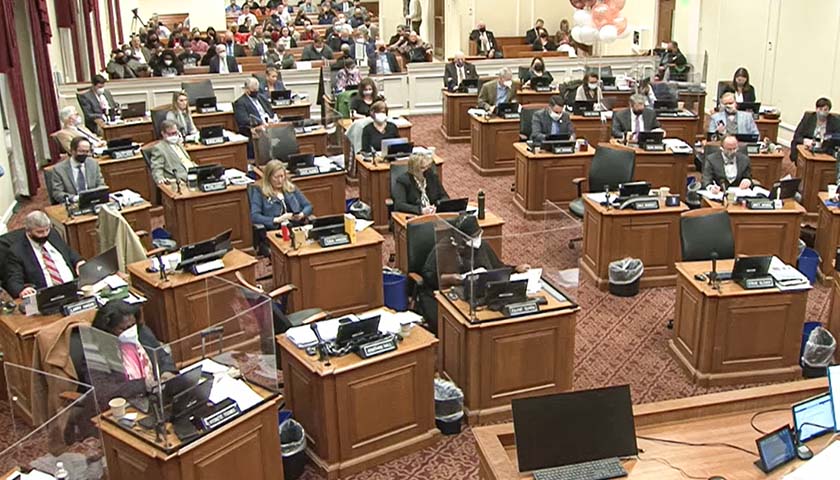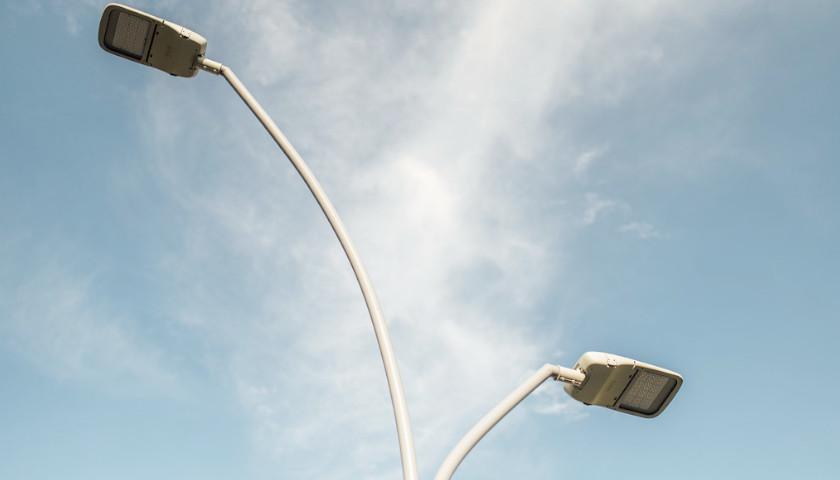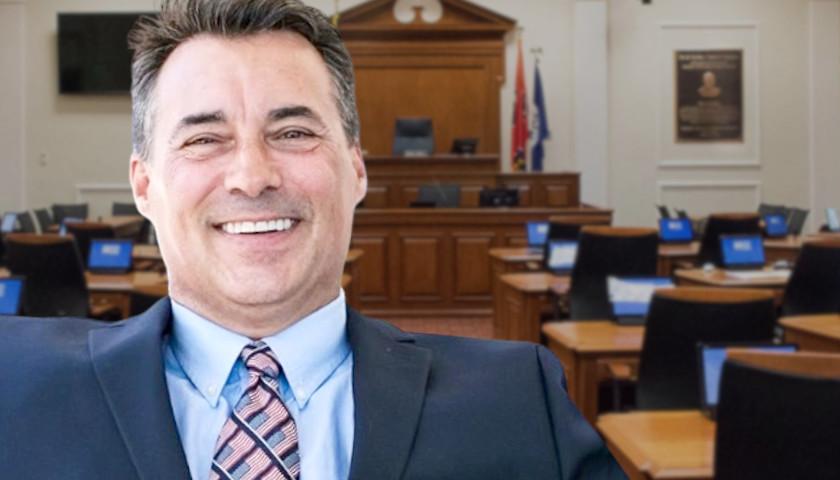Metro Nashville Council approved a license plate reader pilot program on Tuesday.
Mayor Cooper’s office, Metro Nashville PD, and NDOT supported the creation of the pilot program.
The issue of license plate readers (LPRs) was contentious, as it was at the last Metro Council meeting. BL2021-961, the ordinance creating a six month license plate reader pilot program, passed 22-14 after it generated a lengthy discussion and a spirited debate. At least one call for the question, which is a motion to vote on having the vote, was defeated. Three amendments were offered. The final vote occurred after discussion was exhausted.
Nashville will now begin a six month license plate reader pilot program. At the completion of the program, Metro Council can vote to discontinue the program or vote to renew it.
BL2021-961 was sponsored by councilmembers Courtney Johnston, Russ Pulley, Bob Nash, John Rutherford, Joy Styles, Jennifer Gamble, Tonya Hancock, Jonathan Hall, Gloria Hausser, Tom Cash, Thom Druffel, Larry Hagar, and Brett Withers.
The ordinance lists the requirements and restrictions on the usage of LPR technology. The use of the LPR system and collection data is limited to what is described in the following:
Except as provided in subsection I. of this section, any department of the Metropolitan Government, either directly or through contractors acting at the department’s direction, wishing to acquire or enter into an agreement to acquire license plate scanner (LPR) technology and/or install or operate them onto or within the public rights of way, shall comply with the following requirements and restrictions:
A usage and privacy policy shall be implemented in order to ensure that the collection, use, maintenance, sharing, and dissemination of LPR information is consistent with respect for individuals’ privacy and civil liberties. The usage and privacy policy shall be posted on the department’s website, and shall include the following:
(a) i. The authorized purposes for using the LPR system and collecting LPR information, which shall be limited to the following:
(1) investigating and prosecuting felony offenses and criminal offenses associated with violent crimes including gun violence, homicide, and assault; and reckless driving including illegal drag racing activity at speeds in excess of 70 miles per hour; (2) identification and recovery of stolen vehicles and stolen license plates;
(3) detecting civil traffic or parking offenses;
(4) operating a smart parking or curb management program; and
(5) assisting in missing persons cases including Amber and Silver Alerts.
Prohibited uses include: the general surveillance of any individual, the identification of a vehicle for the purposes of repossession of the vehicle, the determination of whether a vehicle’s license plate is expired, the determination of whether a motorist has a valid driver’s license, and the determination of whether a motorist is insured.
The legislation also provides that an “LPR system authorized under this section shall not be capable of facial recognition.”
– – –
Aaron Gulbransen is a reporter at The Tennessee Star and The Star News Network. Email tips to [email protected].
Photo “Metro Nashville Council” by Metro Nashville Network.









[…] ensuring data access parity for the Community Oversight Board. A six-month LPR pilot program was approved at the February 8 […]
[…] Nashville Metro Council Approves License Plate Readers […]
I cannot believe that I actually agree with the COB on this matter. Another reason to stay out of Davidson County. As if there are not already enough reasons to do so.